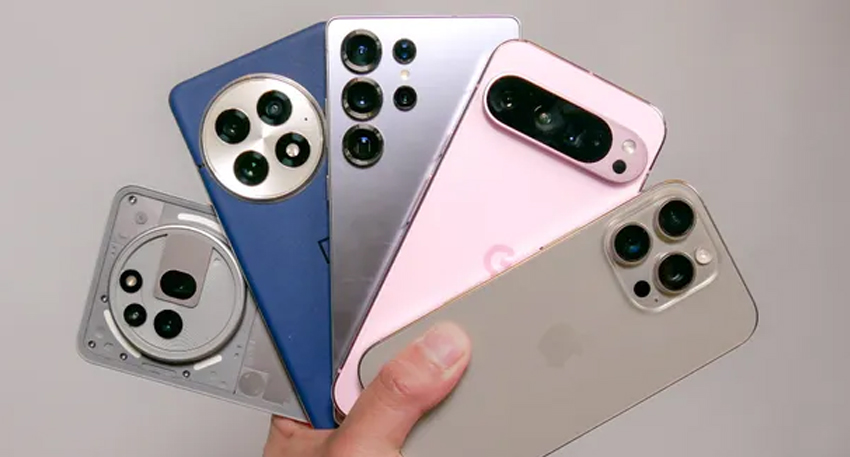
In today’s technology-driven workplaces, possessing a complete skill set aligned with the latest advancements is essential. It does not matter what role you’re doing in what industry, people with competent range of professional skills are in high demand and value more than the employee with some general skills.
The contemporary workplace values a comprehensive range of professional skills in current technologies. Professional success and demand are determined by specialized skills, which are more valuable than a general skill set, regardless of industry or role.
The traditional term "soft skills" does not accurately reflect their importance. These are more appropriately termed professional skills. They are highly valuable, and essential for every professional. Increasing proficiency in these areas directly enhances professional capability.
Technological advancements are rapidly changing work processes and how the next generation prepares for their careers. Previously, basic programming was a supplemental activity; now, accessible tools allow for the development of skills near professional-level standards.
Future success depends on individuals' ability to integrate intelligent tools into their workflow. Therefore, five core competencies related to advanced tools are now critical for young professionals, which they can develop immediately:
1. Effective Tool Communication (Prompt engineering)
Just as typing became a fundamental literacy skill, communicating effectively with advanced digital interfaces is now necessary. This is the ability to translate human intent into clear instructions that generate precise, tangible results from the technology.
Also Read: Finland offers fully funded scholarships for Pakistani Students - Here's how to apply
2. Advanced Research and Critical Evaluation
Technology provides information instantly, but individuals must learn to assess its credibility and accuracy. The necessary skill is not merely retrieving data but critically evaluating it. Professionals who can verify sources, identify systemic biases, and transform data into coherent arguments or strategic plans are positioned for leadership roles in analysis, innovation, and communication.
3. Creative Design and Rapid Prototyping
Current platforms allow young professionals to quickly convert abstract concepts into high-quality visual prototypes, marketing assets, or design campaigns within a short timeframe.
4. Responsible and Ethical Technology Use
In a technology-driven environment, critical questioning is as important as operational skill. Professionals must consider the ethical dimensions of technology, including data privacy, algorithmic bias, misinformation control, and the societal impact of automation. Organizations require individuals who can oversee and enforce ethical usage guidelines.
5. Technology Integration in Business and Innovation
Advanced tools have significantly reduced the barrier to entry for new ventures. Young professionals can now independently generate core business elements, such as branding, digital platforms, or strategic plans, with minimal input and cost.
Reports indicate that the coming professional era is not a competition between people and machines, but a collaboration between people and advanced technology working together. Young professionals who approach these tools with curiosity, empathy, and creative problem-solving will emerge as future industry leaders.




